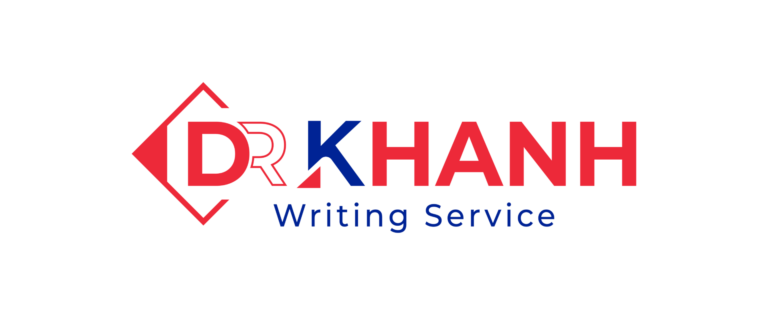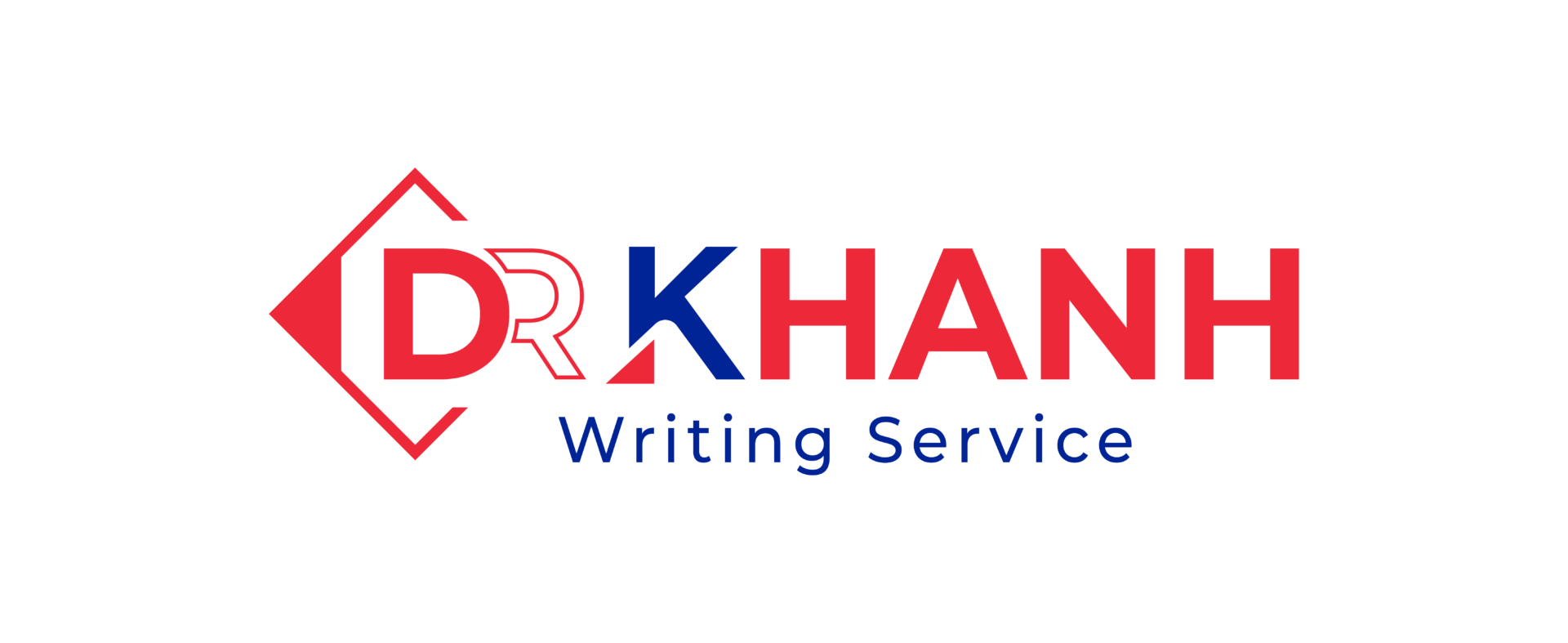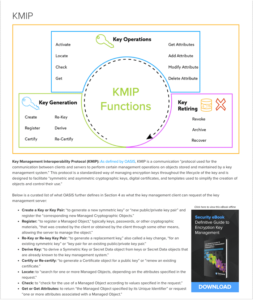Introduction
In the evolving landscape of digital marketing, content marketing has emerged as a pivotal strategy for engaging audiences and building brand authority. This analysis examines 17 notable cases that demonstrate various theoretical approaches to content creation and distribution, providing valuable insights for marketing students and practitioners.
Content Marketing Planning Templates
Plan your content strategically with these handy templates.
- Editorial Calendar Template
- Buyer Persona Templates
- SWOT Analysis Templates
- SMART Goal Template
Download the Templates Learn more
-
Spotify Wrapped: Data-Driven Personalization
Spotify’s annual Wrapped campaign exemplifies the intersection of big data analytics and personalized content marketing. This initiative transforms user behavioral data into engaging, shareable content, demonstrating the theoretical concept of data-driven personalization at scale. The campaign’s success lies in its ability to create emotional resonance through individual user statistics while simultaneously generating viral social media engagement through built-in sharing mechanisms.
-
DuoLingo: Character-Based Brand Narrative
DuoLingo‘s TikTok strategy presents an innovative application of mascot-driven content marketing. The language learning platform’s anthropomorphization of their owl mascot demonstrates the theoretical principle of brand personality development. Their approach has garnered over 4.5 million followers by leveraging contemporary social media trends while maintaining brand recognition, illustrating the effective balance between entertainment and brand awareness.
-
Canva Design School: Educational Content Marketing
Canva’s Design School represents an exemplary implementation of the educational content marketing framework. This initiative demonstrates the principle of value-first content creation, where the educational material serves both as a product tutorial and a standalone resource. The strategy effectively reduces barriers to entry while simultaneously showcasing product capabilities.
-
Theresa Van Dam’s Narrative Marketing
This case study demonstrates the effective use of narrative marketing in professional services. Through humorous content addressing common industry scenarios, Van Dam has successfully created a distinctive brand voice while highlighting professional expertise. This approach illustrates the theoretical concept of relatability in professional service marketing.
@theresavandamstylist Yes, stylists also have social lives lol. #hair #foryoupage #hairtok #hairstylist #karen
This relatable approach to content works because while TikTok users come to the account for laughs, they are also shown videos of her excellent work as a stylist. Her TikTok now has 4.9 million followers, and Theresa has said often in her videos that she now has so many customers she often requires new ones to book her months in advance
@theresavandamstylist #hair #haircolor #hairstylist #hairtok #hairsalon #vividspecialist #fyp
-
Girl With The Dogs: Documentation-Based Content
This YouTube channel exemplifies the documentary-style content marketing approach. By combining professional expertise with entertainment value, the content creator has successfully built a substantial following while demonstrating professional competency. This case study illustrates the theoretical principle of educational entertainment in content marketing.
-
Chewy’s Integrated Content Strategy
Chewy’s approach demonstrates sophisticated content integration across multiple platforms. Their strategy exemplifies the marketing funnel theory, creating educational content that naturally leads to product discovery and purchase decisions. The integration of YouTube content with blog posts and product pages creates a cohesive customer journey.
-
Amazon Prime’s Niche Content Strategy
The Anime Club initiative represents a targeted approach to niche market development. This strategy demonstrates the theoretical principle of market segmentation in content marketing, creating specialized content for a specific audience segment while maintaining broader brand appeal.
-
UN Refugee Agency’s Narrative Podcasting
This case study exemplifies the use of audio content marketing for social impact. The podcast demonstrates how narrative storytelling can be employed to raise awareness and drive engagement with complex social issues, illustrating the theoretical framework of cause-based marketing.
-
Washington Post’s Platform Adaptation
The Washington Post’s TikTok strategy represents successful traditional media adaptation to emerging platforms. This case study demonstrates the theoretical principle of platform-specific content optimization while maintaining journalistic integrity.
@washingtonpost Several agencies are working to finalize environmental rules and policies before Donald Trump’s inauguration. In just the past two days, the Biden administration has finalized plans to limit oil drilling in the Arctic National Wildlife Refuge and to save an imperiled bird — the greater sage grouse — by restricting drilling, mining and livestock grazing across nearly 65 million acres of its habitat in 10 Western states. Officials have met behind closed doors to wrap up work on a study justifying the administration’s pause on approvals of new liquefied natural gas exports — a pause that Trump has promised to end on his “very first day back.” And they are hustling to issue at least a half-dozen other significant policies, affecting toxic chemicals as well as California’s push to phase out gas-powered cars and trucks by 2035. Caption from article by Maxine Joselow.
-
Jackson Galaxy’s Expert Positioning
This case demonstrates the effective translation of television expertise to digital platforms. Galaxy’s content strategy illustrates the theoretical concept of authority marketing, leveraging existing expertise to build digital presence and product sales.
-
You Suck at Cooking: Subversive Educational Marketing
This case presents a compelling study in the use of counter-intuitive branding combined with educational content. The channel’s approach demonstrates the theoretical concept of pattern interruption in content marketing, where conventional educational formats are deliberately subverted to increase engagement. The success of this strategy illustrates how cognitive dissonance can be effectively employed to enhance content retention and brand memorability.
-
Warby Parker’s Email Marketing Architecture
Warby Parker’s email campaign strategy exemplifies the sophisticated application of visual hierarchy theory in digital communications. Their approach demonstrates the intricate balance between aesthetic appeal and conversion optimization, utilizing principles of cognitive psychology in design. The case provides valuable insights into the theoretical framework of attention economics in digital marketing.
-
Colgate’s Resource Aggregation Strategy
Colgate’s comprehensive resource page exemplifies the theoretical principle of content architecture in digital marketing. Their systematic organization of over 1,200 content pieces demonstrates advanced information hierarchy principles, illustrating how large-scale content repositories can be structured to maximize both user value and search engine optimization.
-
Moz’s Topic Cluster Framework
Moz’s implementation of topic clusters represents a sophisticated application of semantic SEO theory. This case study demonstrates how content architecture can be aligned with search engine algorithms while maintaining user-centric information design. The approach illustrates the theoretical principles of digital content topology and information scent optimization.
-
Mailshake’s Marketing Automation Ecosystem
This case study exemplifies the theoretical principles of marketing automation and progressive profiling in lead nurturing. Mailshake’s approach demonstrates how educational content can be systematically deployed through automated workflows while maintaining personalization at scale. The case provides insights into the integration of content marketing with marketing automation theory.
Mailshake acquired 5,321 email opt-ins for their cold email masterclass workflow in under one year – proof that, if done well, this could be an incredibly effective strategy.
-
Townsend Security’sContent Transformation Strategy
The final case study demonstrates the theoretical concept of content transformation and multi-modal learning theory in B2B marketing. Townsend Security’s approach to repurposing technical content across different formats illustrates how content can be optimized for various learning styles and consumption preferences while maintaining consistency in technical accuracy.
Advanced Theoretical Framework and Cross-Case Analysis
Theoretical Convergence
The analyzed cases demonstrate significant theoretical convergence across multiple dimensions of contemporary content marketing theory. When examined collectively, these cases reveal several sophisticated patterns in the evolution of content marketing practice:
Multi-Modal Content Orchestration
- Integration of various content formats across platforms
- Synchronization of message timing and channel selection
- Adaptive content transformation based on platform affordances
Algorithmic Content Architecture
- Implementation of semantic content relationships
- Optimization of content discovery pathways
- Strategic deployment of information hierarchies
Behavioral Psychology Integration
- Application of cognitive bias in content design
- Utilization of social proof mechanisms
- Implementation of behavioral triggers in content distribution
Methodological Innovations
The cases collectively demonstrate innovative approaches to content marketing methodology:
- Data-Driven Personalization at Scale
- Cross-Platform Content Synchronization
- Automated Content Distribution Systems
- Interactive Content Engagement Mechanisms
Theoretical Implications
These case studies collectively demonstrate several key theoretical principles in content marketing:
- Platform-Specific Optimization
- Value-First Content Creation
- Integrated Marketing Communications
- Audience Segmentation
- Authority Building
- Educational Marketing
- Narrative-Driven Engagement
Advanced Pedagogical Applications and Learning Frameworks
Core Competency Development
Students engaging with these case studies can develop several critical competencies essential for contemporary marketing practice:
Strategic Analysis Skills
- Evaluation of content marketing ecosystem design
- Assessment of platform-specific optimization strategies
- Analysis of content distribution mechanisms
Technical Implementation Capabilities
- Understanding of marketing automation systems
- Familiarity with content architecture principles
- Comprehension of SEO optimization techniques
Creative Strategy Development
- Development of brand voice and personality
- Design of content transformation strategies
- Creation of engagement mechanisms
Professional Application Frameworks
The cases provide structured frameworks for professional application:
Content Strategy Development Model
- Audience analysis and segmentation
- Channel selection and optimization
- Content calendar development
- Performance measurement systems
Implementation Methodology
- Platform-specific content adaptation
- Cross-channel content synchronization
- Engagement measurement and optimization
Evaluation and Optimization Framework
- Key performance indicator selection
- Analytics implementation
- Iterative improvement processes
Pedagogical Applications
Students of marketing can derive several key lessons from these cases:
- The importance of platform-appropriate content adaptation
- The value of consistent brand voice across channels
- The role of data in content personalization
- The effectiveness of educational content in building brand authority
- The impact of narrative storytelling in engagement
Conclusion
These contemporary examples provide valuable insights into the practical application of content marketing theory. They demonstrate how various organizations have successfully adapted traditional marketing principles to modern digital platforms while maintaining strategic marketing objectives.











